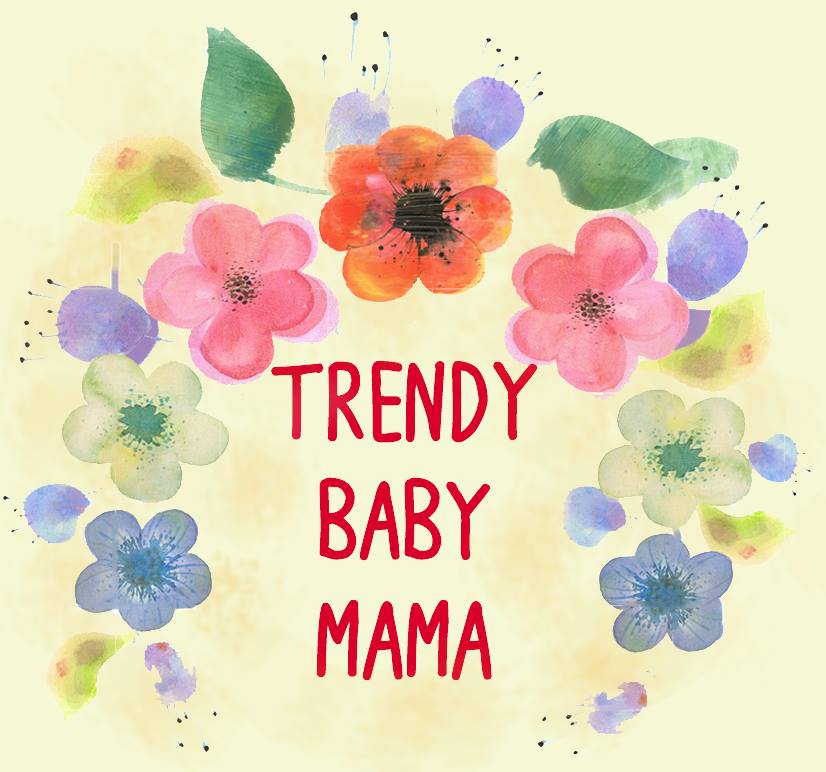Low milk supply is a common concern among breastfeeding mothers, and it can lead to a range of emotions and feelings. For many mothers, breastfeeding is an important part of bonding with their baby, and not being able to provide enough milk can be a source of frustration, guilt, and anxiety. As a chronic low supplier, I feel this so much in my heart and soul.
Mothers who experience low milk supply may feel a sense of disappointment or failure, as if they are not meeting their baby’s needs. They may worry that their baby is not getting enough nutrition, or that they are not doing everything they can to promote their baby’s health and well-being. For many mothers, there is an “easy fix” to the low supply that can be addressed, whether at home with supply and demand nursing, extra pumping, supplements or medications, or visiting a medical professional. For many others, there is no “fix”.
Ultimately, the most important thing for a mother is to take care of herself and her baby, and to seek support and advice when needed. In addition to that, the baby must be fed. Although I was set in breastfeeding my children, I wasn’t able to provide all of their nourishment. In the future, I will write about my experiences. I had to make the decision to supplement my children with formula or donor milk if it was available.
Here is a well written article that talks about the advantages and disadvantages of both: breastmilk and formula. It does also touch on needing to supplement with formula. It is written by Michelle Llamas, who is a Board Certified Patient Advocate, and can be found here: Breastmilk vs Formula. The website is great because their information is fact checked, so more trustworthy than other places to get your information.
Some moms condemn formula. I feel like it has a place. In my life, it was to help sustain my babies when I wasn’t able to with my breastmilk alone. I know, as many of you all know, the great many benefits of breastmilk. The immunities alone are worth it to get me through another pumping session; baby won’t get that from formula. The point I am trying to make is: I am 100% for breastfeeding but I am also glad that formula is there and available.


